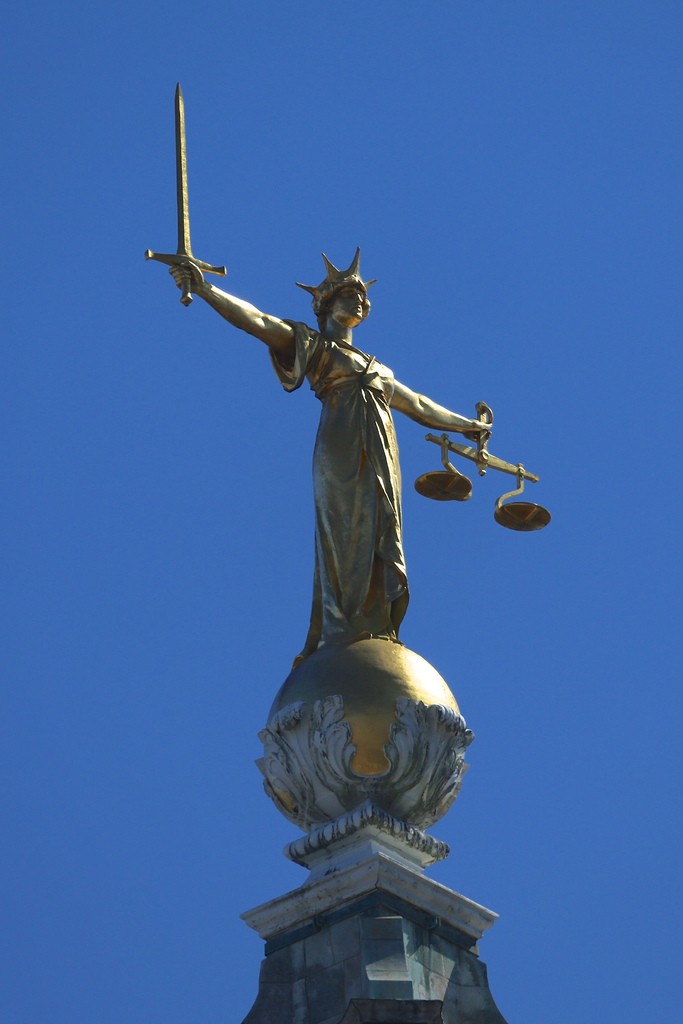Content Note: rape and rape culture. The following blog may be a trigger to some people.
A recent department of Law event held at the London School of Economics on October 30th, 2013 has foregrounded the reach, and ethical implications, of public engagement initiatives in the UK Higher Education sector. The event was entitled ‘Is Rape Different?’ and aimed to debate the history of rape as a legal case study. Crucially, the debate was pitched as a public engagement initiative. Thus it was self-consciously invested in the idea of academic research as having public impact, which we can readily see in the dedicated attention of funding bodies, such as the AHRC, to public engagement.

Though the event did operate as a critical discussion, considerable attention has surrounded the foregrounding of two participants, Barbara Hewson and Helen Reece, by LSE via social media, such as Twitter. Their controversial rape research was highlighted much more readily than that of any other participant. Clearly this is an example of social media being increasingly utilised by the higher education (HE) sector in an attempt to attract the wider public. However, scholars Sarah Keenan and Yvette Russell have identified how the broader exchanges between participants were not reflected in the brief and decontextualised tweets by LSE. They particularly stress how coverage of Hewson’s and Reece’s research on rape via Twitter and other media outstripped any other public impact of the event.
Much can be said of the wider resonance between this debate and the history of sexuality. Legal definitions of rape, after all, always contain an interpretation of sexuality, and though the wider history of sexuality is not being named in the furore surrounding the LSE event, it is a central backdrop which unfortunately gets side-stepped as a result of the immediate nature of social media. The latter is a major concern for historians of sexuality as social media may not necessarily allow space for in depth historical debates, even if social media has had provided strategic points of resistance in both Britain and the wider global context. Paul Gilroy, a Black British cultural studies critic, for example, has noted the role of social media in the London/England Summer 2011 riots.
A major characteristic of many landmark moments in the history of sexuality, especially surrounding definitions and understandings of sexuality as public or private, is the relationship between legislation, the public and intellectual traditions. The latter is a focal point of debate in the use of social media at the LSE event. For many, the contentious dynamic between histories of legal definitions, and understandings of sexuality in public and private settings, gets simplified via the uneasy correlation between social media and marketing techniques.
However, as we note the increasing interrelationship between social media, public engagement and effects of academic impact, we must not, as noted by Rosalind Gill, a professor of Cultural and Social Analysis at City University London, reduce the effects of the media to simple brainwashing: People do have agency in how they experience social media, despite sensationalist news headlines suggesting otherwise. But the considerable simplifications of the LSE event via social media must, at the same time, make us ask how does a history of sexuality critically respond to the increasing pressure to market academic research as having a public impact?
I suggest that a history of sexuality provides much needed historical context for the exchanges surrounding the LSE event and the role of academic impact within this. Thus, the LSE debate participates in a much broader history of sexuality as a site of academic and political debate, and critiques by Keenan and Russell demonstrate much needed counter arguments to some of the most detrimental effects of academic impact from the LSE event. More specifically, Keenan and Russell highlight the limitations of academic impact agendas given how the LSE event became about reductive soundbites and a few polarising participants rather than a more solidly critical, and broader, public engagement.
 Gráinne O’Connell researches Anglophone Caribbean and South African literature and culture but her broader research, and teaching, interests focus on postcolonial/queer studies, gender studies, HIV/AIDS studies, and transnational comparative approaches to postcolonial/queer texts and culture(s).
Gráinne O’Connell researches Anglophone Caribbean and South African literature and culture but her broader research, and teaching, interests focus on postcolonial/queer studies, gender studies, HIV/AIDS studies, and transnational comparative approaches to postcolonial/queer texts and culture(s).

NOTCHES: (re)marks on the history of sexuality is licensed under a Creative Commons Attribution-NonCommercial-NoDerivatives 4.0 International License.
Based on a work at www.notchesblog.com.
For permission to publish any NOTCHES post in whole or in part please contact the editors at NotchesBlog@gmail.com




